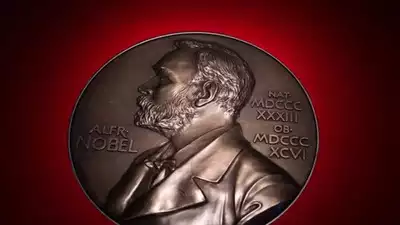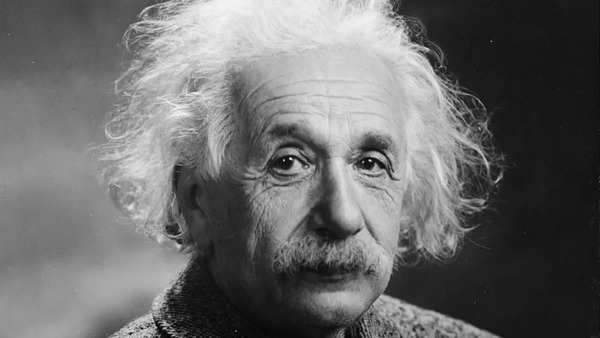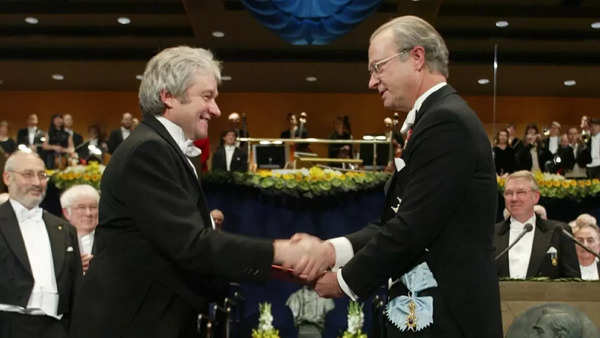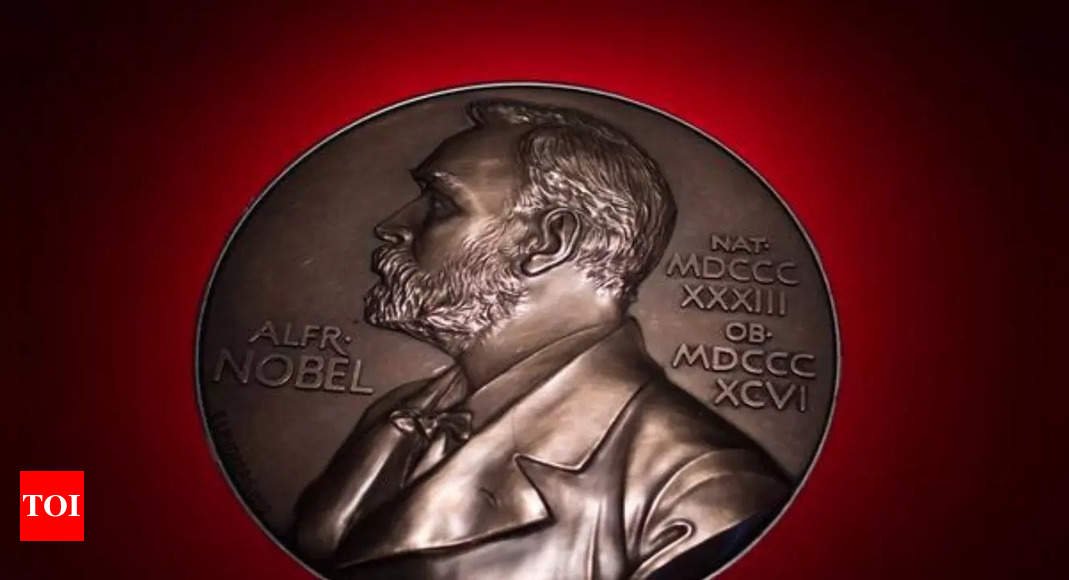
The price one pays for winning a prize!
Have you ever heard of a disease that happens due to winning some prestigious prize? If you’re yet to know about that, this article is the perfect place for you to land.
Nobel Disease:
“Nobel disease,” also known as “
Nobelitis
,” is an informal term for when Nobel Prize winners embrace scientifically unsound ideas, usually later in life. It’s a tongue-in-cheek term that highlights the fact that even accomplished scientists can fall for
pseudoscientific ideas
.
Some possible reasons for Nobel disease include:
Feeling empowered: Nobel winners may feel that the award gives them the authority to speak on topics outside their area of expertise.
Cognitive errors: Nobel winners may be more prone to cognitive errors, such as bias blind spot, and personality traits like narcissism.
The pressures of fame: The pressures of fame can cause Nobel winners to chase impossible or pseudoscientific ideas.
However, it’s not known if Nobel Prize winners are more likely to fall for pseudoscientific ideas than other people.
Instances of Nobelitis:

Albert Einstein, recipient of the Nobel Prize in physics for his work on the photoelectric effect and the great physicist behind general and special relativity, once mentioned, “The exaggerated esteem in which my lifework is held makes me very ill at ease. I feel compelled to think of myself as an involuntary swindler.”
While reassuring that even Einstein felt like this, other Nobel Prizewinners have not responded in the same manner to recognition of their own achievements. In fact, the term “Nobel disease” turned out to be describing the sometimes wacky and unscientific views that Nobel Prizewinners have gone on to develop, following their win.
There’s a surprisingly long list of Nobel Prizewinners who have expressed pseudoscientific beliefs after their win, usually straying away from their field of expertise. The list includes scientists, noted in their field, who went on to develop interests in
psychic research
, extrasensory perception, and one winner who believed he had been visited by a talking, motorcycling, glowing green raccoon.
Pierre Curie, for instance, won the Nobel Prize in physics for the discovery of radium and polonium, before going on to participate in seances and believing that investigating the paranormal could help us answer questions about magnetism.
Joseph Thomson, who won the same Prize for his discovery of the electron, developed a similar interest in psychic phenomena and was a member of the Society for Psychical Research for 34 years.
Is Nobel disease harmful?
Some say that the award can make winners feel empowered to speak on topics outside of their area of expertise, which can lead to “Nobel disease”. However, it’s not clear if Nobel Prize winners are more likely to do this than other people.
Some examples of Nobel Prize winners who have developed unscientific beliefs include James Watson, who developed debunked beliefs about race and intelligence. Other Nobel Prize winners developed interests in psychic research and extrasensory perception

Some negative effects of winning a Nobel Prize include:
Reduced productivity: Nobel Prize winners may publish fewer papers, fewer novel papers, and receive fewer citations.
Public perception: The public may perceive Nobel Prize winners as experts in areas unrelated to their work.
Is there a remedy?
There isn’t much information about a remedy for Nobel disease, but here’s some related information about Nobel laureates and their health:
Health issues: Alfred Nobel, the Nobel Prize founder, had poor health throughout his life, including indigestion, headaches, depression, and a heart condition.
Nobel laureates and their capabilities: Nobel laureates are often past their prime, and may be offered positions that are beyond their capabilities. They may also consider their award to be a certificate of competence in any field.
Treatment for Nobel disease:
Linus Pauling, a Nobel laureate in Chemistry and Peace, treated his Bright’s disease with vitamin supplements. He claimed that taking high doses of vitamin C improved his condition and could treat schizophrenia and prolong cancer patients’ lives. However, current science does not support these claims.
Super Blue Moon 2023: All you need to know about the rare celestial event

